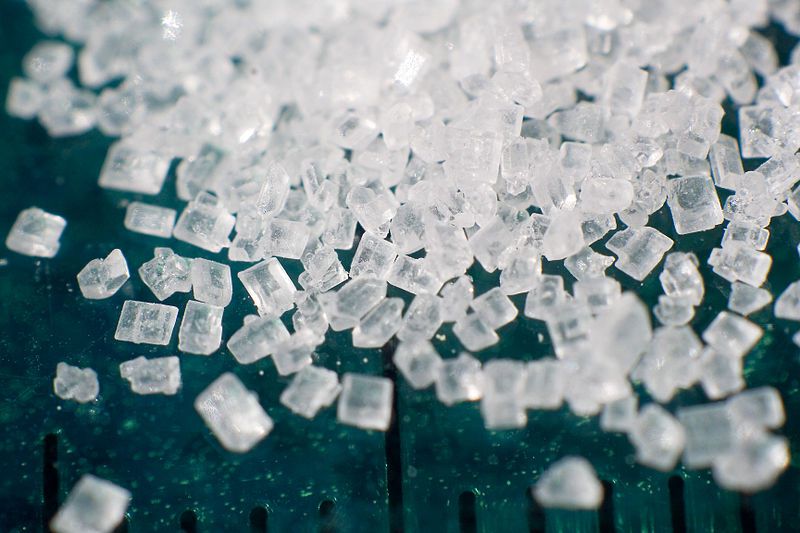-
 Fertility
Fertility
-
 Parotic
Parotic
-
 UML
UML
-
 Occiput
Occiput
-
 Jerusalem artichoke
Jerusalem artichoke
-
 Crop
Crop
-
 ESTEC
ESTEC
-
 Neritic zone
Neritic zone
-
 Birds Directive
Birds Directive
-
 Type III star population
Type III star population
-
 Richter Scale
Richter Scale
-
 Photoperiodism
Photoperiodism
-
 Vibrissa
Vibrissa
-
 Analgesic
Analgesic
-
 Primitive ocean
Primitive ocean
-
 NexGuard
NexGuard
-
 Wave mechanics
Wave mechanics
-
 Allopatry
Allopatry
-
 Artificial CO2 sequestering
Artificial CO2 sequestering
-
 Beta-thalassaemia
Beta-thalassaemia
-
 Gossan
Gossan
-
 Planetary aberration
Planetary aberration
-
 Fish-eye
Fish-eye
-
 Time-lapse
Time-lapse
-
 Abduction
Abduction
-
 Videophone
Videophone
-
 Aqua
Aqua
-
 Actinomorphy
Actinomorphy
-
 Local
Local
-
 Fibrinolysis
Fibrinolysis
Carbohydrate
Carbohydrates are a family of molecules commonly called "sugars".
Characteristics of carbohydrates
All carbohydrates have an aldehyde or ketone group and several OH groups. The crude formula of carbohydrates is usually therefore, Cn(H2O)n, explaining why they are called carbohydrates. Some also have phosphorus or nitrogen atoms.
Diversity of carbohydrates
Carbohydrates can be classified into :
- monosaccharides: which are simple, unhydrolysable molecules (glucose, fructose, galactose etc);
- polysaccharides which contain more than one monosaccharide.
Only monosaccharides and disaccharides can sweeten. The polysaccharides are tasteless.
Role of carbohydrates
Carbohydrates have a role providing energy. They are stored in polymers (starch in plants, glycogen in animals), and form an energy reserve that can be used in glycolysis (degradation of glucose) by forming molecules of ATP.
Carbohydrates also have a structural role. Long rigid cellulose gives a degree of solidity to plants. In animals chitin is the main component of the exoskeleton of insects and arthropods.
 Table sugar (sucrose) is a disaccharide. © Lauri Andler, Wikimedia, GFDL
Table sugar (sucrose) is a disaccharide. © Lauri Andler, Wikimedia, GFDL
Latest
Fill out my online form.



